KYpHoSIS
This unnatural curving of the spine is a deformation caused by disease or damage to the vertebrae.
How it Forms
Kyphosis has several causes. Bad posture can loosen the spine’s ligaments, causing a curve to develop over time. Disease or physical damage to the bones of the spine can weaken and collapse the vertebrae, allowing the spine to curve. Diseases that are common culprits include osteoporosis, Scheuermann’s disease, Pott’s disease or spinal tumors.
Symptoms
In most cases, the only symptom may be the slight appearance of a hump in the upper back. If the kyphosis is severe, the person may have aches in the neck and lower back. Only a physician using x-rays can make an accurate diagnosis.
Treatment
Most people with kyphosis don’t need treatment. Risks can be limited by increasing calcium intake and doing weight-bearing exercises to strengthen bones. If intervention is needed, an orthopedic brace may prevent further curvature in growing children. In very few cases, spinal fusion surgery may straighten and stabilize the spine.
Unlike conditions that cause pressure on individual nerve roots, this type of damage can result in loss of nerve function anywhere along the spinal cord below the damaged area. The effects of myelopathy can range from mild to severe and can worsen over time.
Myelopathy from Disease or Degeneration
Myelopathy most commonly results from pressure on the spinal cord because of a reduction in the space available for the cord. This can occur from disc herniation, bone spur formation, spinal stenosis, or a thickening of the soft tissues that surround the spinal cord, such as the ligamentum flavum or the posterior longitudinal ligament.
Symptoms
Symptoms may include difficulty walking or maintaining balance, loss of bladder control or other functions, loss of fine motor skills, weakness, numbness, tingling, pain, and paralysis.
Treatment
Treatment options vary depending on the cause of the loss of nerve function. Some conditions that cause myelopathy may be treated successfully with surgery. Medication may be needed to manage chronic pain.
Conditions We Treat
We provide the highest level of expertise for the assessment, diagnosis and treatment of the following degenerative spine conditions.
